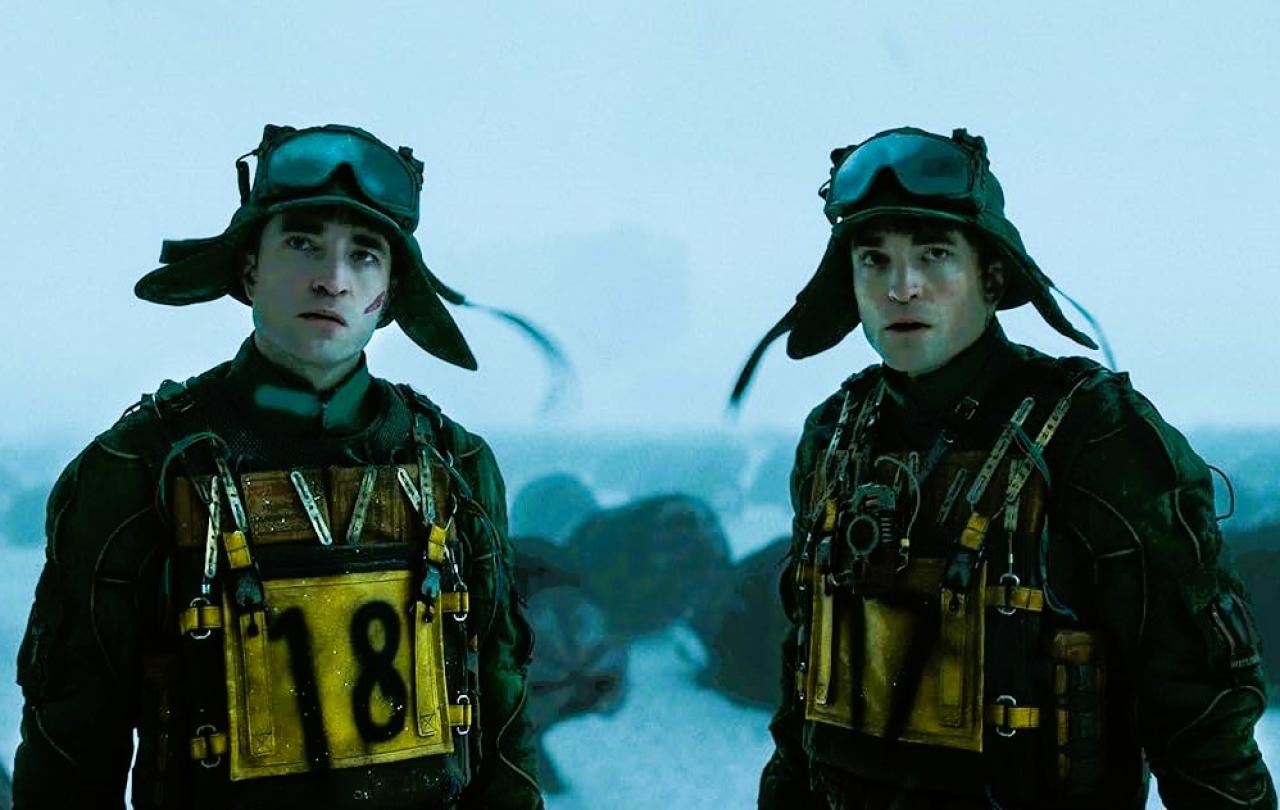This article was first published on the author’s Substack Quid Amo, December 16 2023.
On a recent visit to Los Angeles, my wife Deanna and I went to see Cord Jefferson’s new satire, American Fiction, playing in only seven theaters nationwide right now. The film is a smart, beguiling adaptation of Percival Everett’s novel, Erasure.
Part of the fun of watching movies in L.A. is being reminded what a company town LA still is. We were slightly puzzled when, as a production company splash screen opened the film, a ripple of hoots and applause bubbled up from the audience. When, at the end of the movie, we saw an entire group video-recording the rolling credits, we realized a production team was in the house, seeing their work on the public screen.
Watching this particular movie in L.A. was especially entertaining because of its meta commentary on our storytelling industries, including film. The winks & nods about screenwriting, adaptation, and philistine studio executives occasioned knowing guffaws in the audience.
The movie asks important, uncomfortable questions about the stories that “we” (scare quotes will become obvious in a second) want to hear today, and why.
What’s supposed to be a farce is embraced by white marketing executives as the latest Black trauma porn for awards season.
The key facet of the plot is relatively simple: a Black novelist (Thelonious “Monk” Ellison, played cagily by Jeffrey Wright) has published several works of deft, critically-celebrated literary fiction. But he can’t sell his latest novel. His agent informs him why: “It’s not Black enough.” The Black novelist is puzzled (“But I’m Black!”) until he wanders into a reading from a new bestseller, the latest by a Black novelist celebrated by some famous white woman’s Book Club. Written in dialect, with flat characters and tired tropes, the novel panders to and perpetrates horrendous stereotypes dusted with a hint of redemption. But it does so with just the right dose of guilt-induction for white readers to feel morally assuaged just by reading the book. The publishing industry has seized upon the mad, pretzeled formula: You can sell a lot of books to white people by offering them the thrill of a little enlightened guilt that actually depends on their continued racist stereotypes.
In a fit of disgust, rage, and desperation, “Monk” begins banging out just such a novel, determined to play a kind of Sokal-hoax on the publishing industry. Just one problem: the market clamors to buy this dreck and even turn it into a movie. What’s supposed to be a farce is embraced by white marketing executives as the latest Black trauma porn for awards season. You can imagine the comedic possibilities here. It’s a funny movie.
As a white viewer of this movie, if I laugh at all the right points and get all the inside jokes, am I being offered a little absolution?
But it is also tender. What’s playing out on screen—the story surrounding the creation of the novel’s story—is a very different kind of Black story. Monk, it turns out, is the black sheep only because he’s a PhD in a family of MDs. Here is a Black family with a massive Victorian home in Boston and a beach house on the Cape—which is just to say, they are a family of accomplished professionals like so many others. Are we surprised? Like any human family, of course, their life is not without pain, loss, heartbreak, and animosity. But like any human family, there is also achievement, pride, joy, connection.
Here’s a Black family. Here’s their story. Is this a “Black story?” Is it “Black enough?” What do we want from our stories?
Jefferson’s endeavor here is fraught, and he knows it. The last part of the movie “goes meta” as a way to concede that there’s no “clean” way to raise these questions without slipping back into being part of the problem. As a white viewer of this movie, if I laugh at all the right points and get all the inside jokes, am I being offered a little absolution? To his credit, Jefferson never quite lets a viewer like me off the hook. Something about this story will, and should, remain unavailable to me.
But also to his credit, Jefferson had me thinking of the Roman poet Terence when we walked out of the cinema. Homo sum: humani nihil a me alienum puto. “I am human: nothing human is alien to me.” Jefferson tells a story that, in this climate, is willing to risk a claim to human solidarity.





